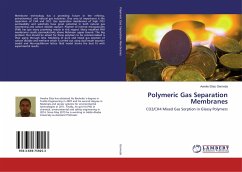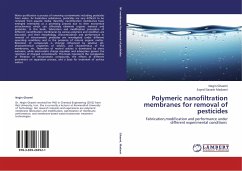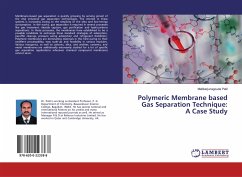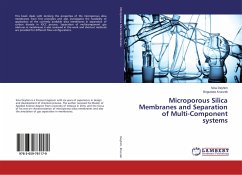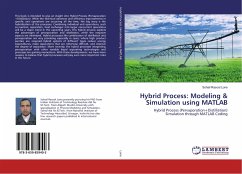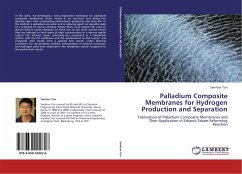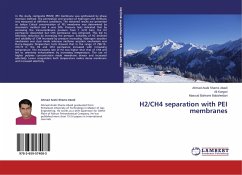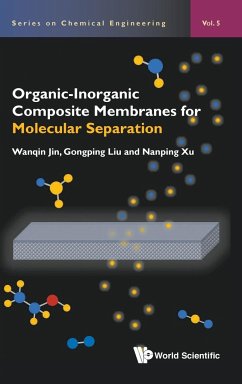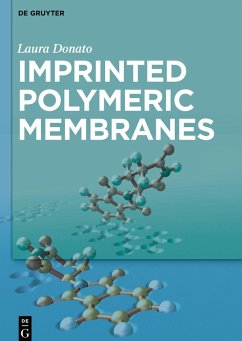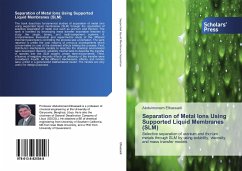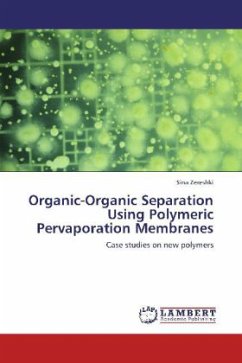
Organic-Organic Separation Using Polymeric Pervaporation Membranes
Case studies on new polymers
Versandkostenfrei!
Versandfertig in 6-10 Tagen
45,99 €
inkl. MwSt.

PAYBACK Punkte
23 °P sammeln!
Pervaporation is a membrane process with proven potential in separation of volatile and organic mixtures. Among various polymers and solvent pervaporation cases, two polymers and their blends with another hydrophile polymer were studied for two pervaporation separations. Poly(lactic acid) (PLA) and cardo poly(ether ether ketone) (PEEKWC), two polymers with no pervaporation study history, were used to prepare dry-cast dense membranes using chloroform as the solvent. Pervaporation separation of methanol/MTBE, ethanol/ETBE, and ethanol/cyclohexane was investigated using prepared membranes. The ef...
Pervaporation is a membrane process with proven potential in separation of volatile and organic mixtures. Among various polymers and solvent pervaporation cases, two polymers and their blends with another hydrophile polymer were studied for two pervaporation separations. Poly(lactic acid) (PLA) and cardo poly(ether ether ketone) (PEEKWC), two polymers with no pervaporation study history, were used to prepare dry-cast dense membranes using chloroform as the solvent. Pervaporation separation of methanol/MTBE, ethanol/ETBE, and ethanol/cyclohexane was investigated using prepared membranes. The effect of several operating conditions, namely concentration, temperature and flow rate on the pervaporation performance was studied. The mechanical properties and swelling behavior of the membranes were investigated in different feed concentrations. The obtained results could be interesting to the researchers in pervaporation field.



